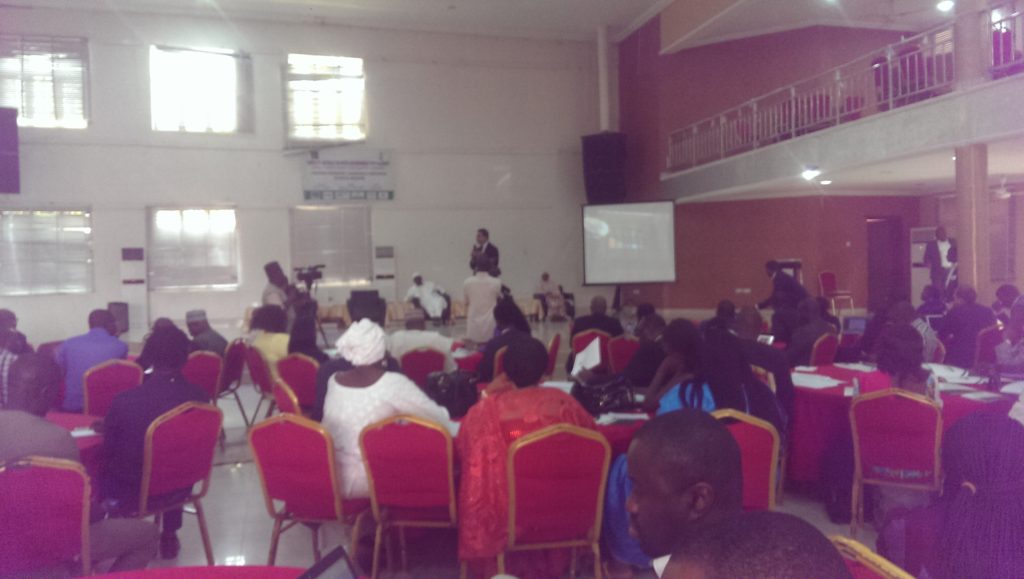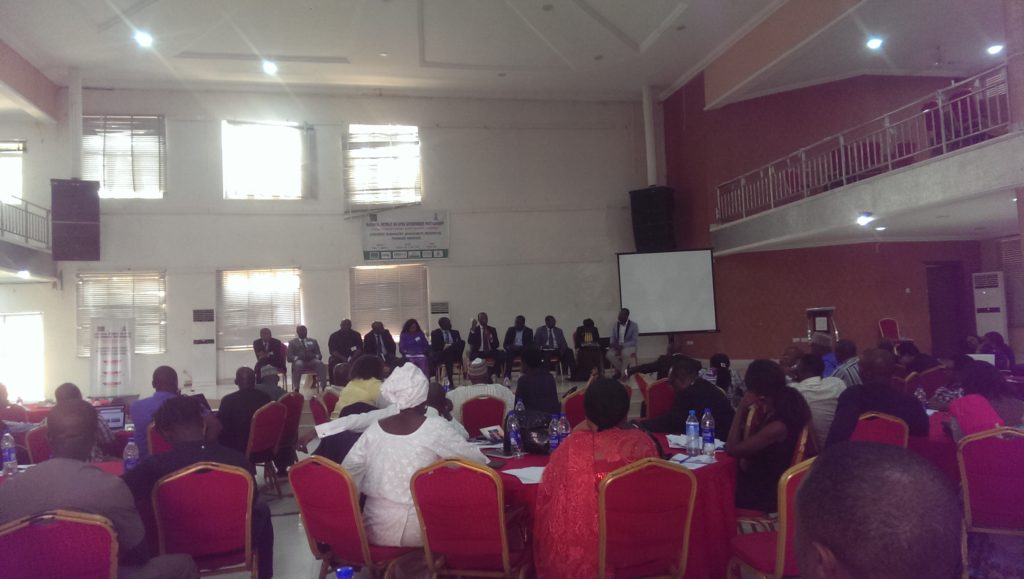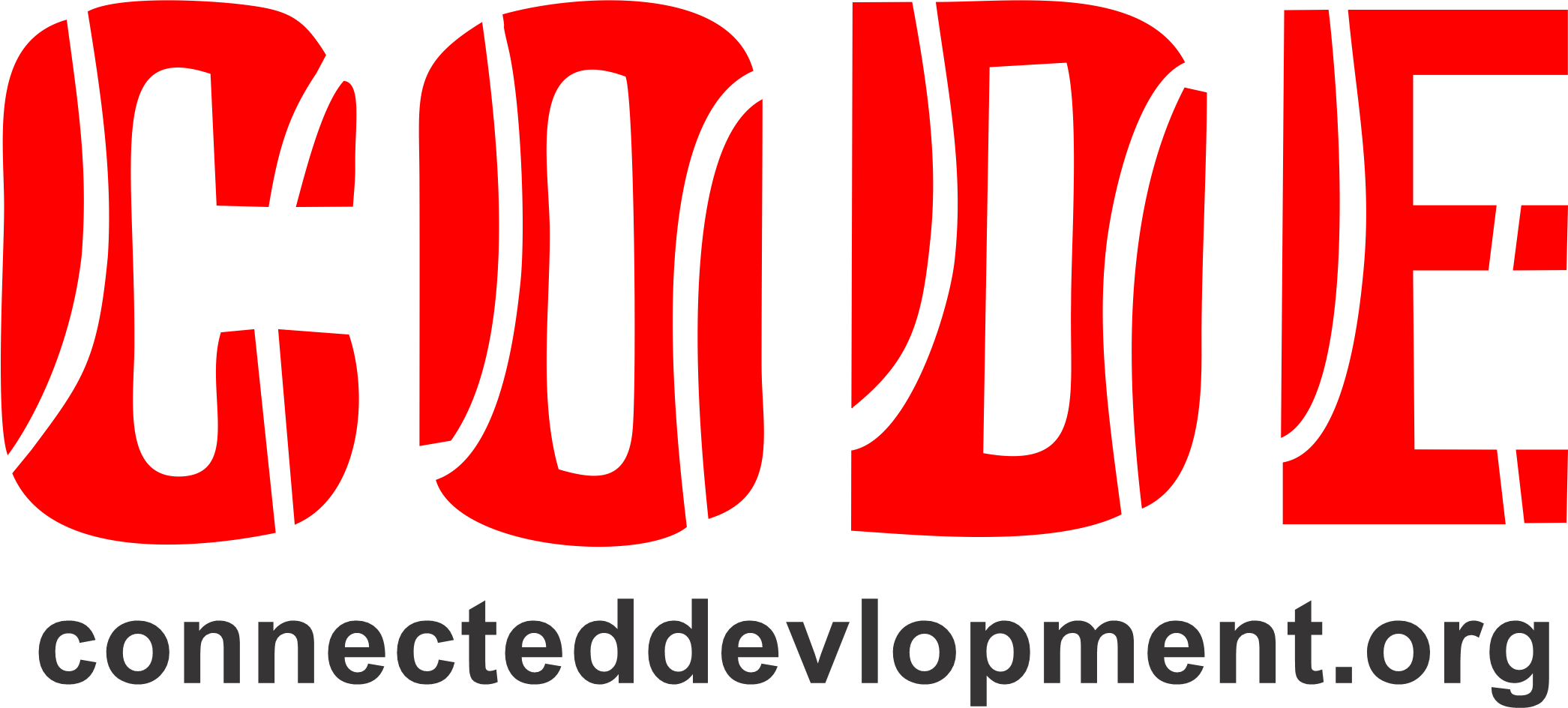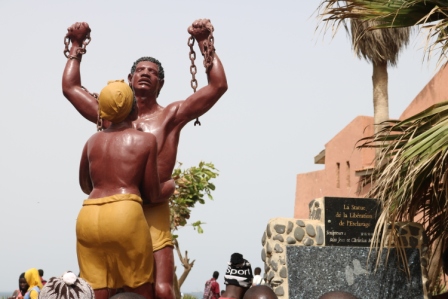The Future We See Through the Open Government Partnership in #Nigeria
“Amongst the 70 member countries of the Open Government Partnership (OGP), African countries has the most ambitious commitments, and also has the least number of implementations of their commitment as seen in the independent reporting mechanism but Nigeria can reverse that order as the country has made huge commitment at the London Corruption Summit and hopes to make it tandem with its anti-corruption campaign in the country” says Sanjay Pradhan during the first day of the OGP retreat in Nigeria on October 24, 2016 at the Hotel Seventeen in Kaduna .

The OGP CEO, Sanjay Pradhan making a presentation on OGP during the retreat in Nigeria
Looking at the panel to discuss commitments around the Nigeria OGP National Action Plan, I was deluded by the fact that the government representatives except for two, were not appropriate enough to discuss pertinent issues around beneficial ownership, open budget, open contracting, transparency in extractives, access to information, and open data. I quite understand that the people in authority, in this ministries are hard to get for such conversation, but if it were really a “government – driven initiative” we should be seeing them coming to talk about these issues in the public.
I would have expected to see Zainab Ahmed, the Minister of State, Budget and National Planning making commitments of publishing online, location – based infrastructure data with their baseline indicators (current state) to the public by December 2017, so this can aid better planning; also the out-spoken Funmi Adeosun, the Minister for Finance committing that “detailed” government spending will be made available to the public by default as from November 2017, and also that the Bureau of Public Procurement will upgrade their website to include procurement plans, tender notices, bid evaluation,contract award documents, and termination information, while connecting it to a citizen feedback platform that can help make sure projects are really been implemented by contractors.
Nevertheless, there were some takeaways from the panel Joe Abbah, of the Bureau of Public Service Reforms had stated that by 2019, all FOIA request will be responded to in 2 minutes! In – fact, they have started something that looks like that in the Bureau, if you want to request for an information from the government, [APPLY HERE] I am sure you are all looking forward to this, it might not be rocket science! Also, the representative from the Nigeria Extractive Industries Transparency Initiative (NEITI) mentioned that for beneficial ownership to work, the Corporate Affairs Commission and the Companies and Allied Matter Act must be amended immediately to disclose beneficial ownership of companies, and not just the publishing of company names that are registered with the CAC which anyways, is a step in the right direction.

Looking across the Panel of government + CSOs
But why does it take the government a longer time than the 7 days proposed in the law to get a response to an FOIA request, the representative from the Ministry of Budget and National Planning stated that the oath of secrecy signed by civil servants prevents most of them to disclose information requested for through the FOIA. That’s so unimaginable! However, Joe Abbah, stated clearly, that we need to amend the public service rules because civil servants abide by rules and not laws!
My worry is not that leadership in the executive arm of government would not come out and make commitments, my worry is that implementing such commitment on the basis of a system that would not allow it to work efficiently is the reality, and such is the case for most African countries. As much as this becomes a drawback for me in this “government – CSO “driven movement, I am certain that few positives might be recorded, as we have started seeing from the Ministry of Justice, the agent of the state where the OGP is domiciled in Nigeria.

